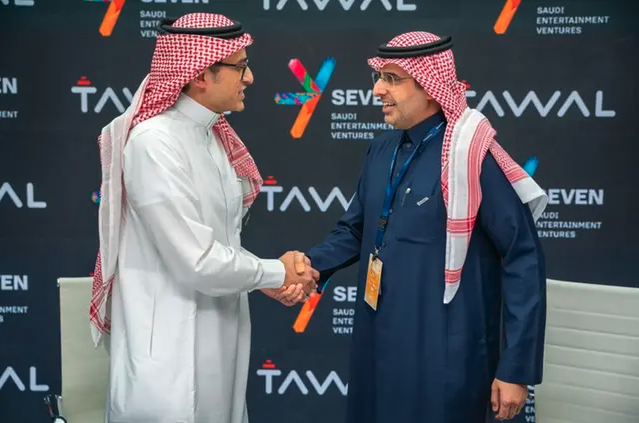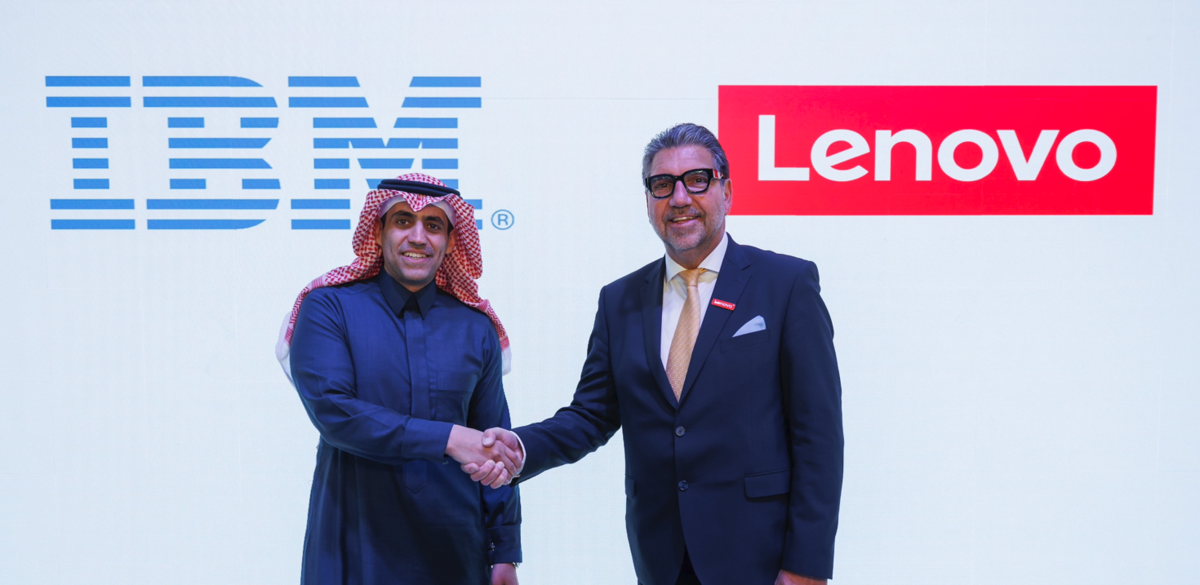RIYADH: Saudi Arabia’s Public Investment Fund is set to unveil new private sector partnerships and investment initiatives at its annual Private Sector Forum, scheduled for Feb. 12-13 in Riyadh.
The event, which will bring together more than 90 PIF-backed companies, seeks to strengthen supply chains, boost local manufacturing, and accelerate economic diversification under Vision 2030.
Now in its third year, the forum will spotlight business opportunities with the sovereign wealth fund and its portfolio companies, identify potential prospects for investors and suppliers, and expand avenues for collaboration. It will also serve as a bridge between PIF, its portfolio companies, and the private sector, reinforcing localization efforts.
The event aligns with Saudi Arabia’s push to boost private sector participation in its economic diversification efforts, with the wealth fund playing a key role in this transformation.
Established in 1971, the fund manages assets estimated at $930 billion and is central to Saudi Arabia’s strategy to reduce reliance on oil, with investments spanning technology, tourism, and infrastructure both locally and globally.
The forum provides a platform for engagement, emphasizing partnership opportunities between PIF, its portfolio companies, and the local private sector.
It also offers networking opportunities and direct access to supplier registration with portfolio firms. Additionally, participants can learn about PIF programs designed to support the private sector.
FASTFACTS
Established in 1971, the fund manages assets estimated at $930 billion and is central to Saudi Arabia’s strategy to reduce reliance on oil, with investments spanning technology, tourism, and infrastructure both locally and globally.
The event, which will bring together more than 90 PIF-backed companies, seeks to strengthen supply chains, boost local manufacturing, and accelerate economic diversification under Vision 2030.
The forum is expected to draw over 12,000 visitors, including more than 1,000 C-level executives from the public and private sectors. It will feature over 120 speakers, 15 panel discussions, and 25 workshops.
It will feature specialized workshops led by experts from PIF and its portfolio companies, providing insights into investments and supply chain opportunities.
Over 100 MoUs are expected to be signed, with 80 ministers and government officials in attendance. The forum will also include five side events and special corners.
Workshops and insights
The event will feature specialized workshops led by experts from PIF and its portfolio companies, providing insights into investments and supply chain opportunities. These sessions will highlight expected demand for key products and services, equipping businesses with the knowledge to make informed decisions.
The event is expected to draw over 12,000 visitors, including more than 1,000 C-level executives from the public and private sectors. It will feature over 120 speakers, 15 panel discussions, and 25 workshops.
Some of the key speakers include Saudi Minister of Municipalities Majed Al-Hogail, Minister of Transport and Logistics Saleh Al-Jasser, Investment Minister Khalid Al-Falih and Minister of Economy and Planning Faisal Al-Ibrahim.
Ceer CEO James DeLuca, Riyadh Air CEO Tony Douglas and Ma’aden CEO Robert Wilt are also scheduled to speak at the event. Other notable participants include Jerry Todd, head of the national development division at PIF; Ranjith Powell, head of ports and transport infrastructure at PIF; and Abdullah Al-Hussaini, head of strategy and engagement at PIF.
Attendees can engage with more than 100 portfolio company booths, 10 government entity booths, and participate in 10 business matching sessions.
Additionally, over 100 memorandums of understanding are expected to be signed, with 80 ministers and government officials in attendance. The forum will also include five side events and special corners.
Panel discussions will bring together thought leaders from government entities, PIF, and its portfolio companies, discussing the private sector’s vital role in Saudi Arabia’s development, successful collaborations with the wealth fund, and opportunities in emerging sectors and giga-projects.
The forum will also feature key announcements from PIF, reinforcing its commitment to private sector collaboration to drive economic growth.
The event will feature four main tracks, covering investment and collaboration opportunities, as well as manufacturing and localization through panels and matchmaking sessions connecting private sector representatives with PIF portfolio companies. It will also include workshops on financing tools and capital market opportunities, along with sessions highlighting key programs and initiatives available to private sector firms.
Day 1 highlights
The forum will open with a keynote ceremony, followed by panels on government support for the private sector, supply chain localization, and biotech growth. Presentations will spotlight industry leaders such as ALAT, Ceer, Ma’aden, NUPCO, and Cruise Saudi.
Key sessions include the MUSAHAMA Awards and a fireside chat on Riyadh Air’s vision for aviation. Workshops at the PSF Pavilion – Lab 1 will cover localization, finance, and infrastructure, while Palmgrove – Lab 2 will host panels on Saudi Arabia’s automotive, transport, and logistics sectors.
Day 2 highlights
The second day will feature panels on real estate market enablers, covering strategy, regulation, licensing, deal structures, funding, and partnerships. Presentations will highlight key projects, including Jeddah Central Development, NEOM, New Murabba, ROSHN, and King Abdullah Economic City.
Fireside chats will explore Red Sea Global’s luxury tourism push, Diriyah Co.’s historical significance, and Rua Al Madinah’s vision for enhancing visitor experiences.
Workshops at PSF Pavilion – Lab 1 will focus on contractor programs, AI’s role in Saudi Arabia, and the innovation ecosystem. Palmgrove – Lab 2 will cover manufacturing acceleration, sports investment, and Saudi investment opportunities. The MUSAHAMA Design Competition Awards will also take place.
PIF’s Private Sector Forum is emerging as one of the most significant business events in Saudi Arabia, not only as a networking platform but also as a driver of tangible economic outcomes.
The 2024 event saw strong private sector participation, with agreements signed across industries, including construction and financial services. The forum attracted over 9,000 attendees and showcased more than 10 investment and supply opportunities.
This year’s forum is expected to build on that momentum, with a strong emphasis on investment facilitation and supply chain resilience.
The forum will conclude with a series of closing remarks from PIF executives, summarizing key takeaways, new business agreements, and upcoming initiatives aimed at further integrating the private sector into Saudi Arabia’s economic growth plans.


























